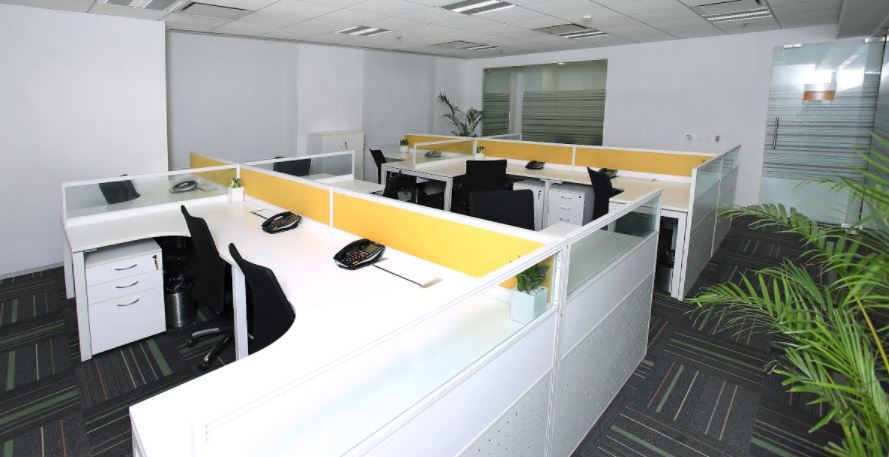
The gradual opening of cities boosted by the infection rates going down and the mass inoculation drives further gives hope to the office space market for the quick rebound post the second wave of COVID-19. With emerging trends shaping up and increased demand for office spaces, commercial real estate developers are batting for a quick revival in the coming quarters of 2021.
 |
Vatika Business Centre
The expected return of employees to the workplace is playing a key role as various organizations are contemplating revisiting their business and work models. The efforts are made to incorporate larger spaces, tech-enabled solutions to maintain physical distancing in the flexible workspace. With this, developers believe that the leasing of commercial spaces will also witness an upward trajectory.
“Commercial realty segment will remain resilient due to increased interests from various sectors including IT/ITES, BFSI, startups and boutique companies. The current tenants are also aggressively looking at rent and space rationalization owing to pandemic blues. Step-by-step unlocking, rapid vaccination drives and improvement in recovery curve have now enabled companies to plan gradual return of employees to offices which will catapult demand for flexible or hybrid workspaces. Potential investors who have the necessary knowledge of commercial realty find office assets more appealing and the segment will continue to remain buoyant in the coming quarters,” said Pankaj Bansal, Director, M3M.
The positive sentiments for commercial realty’s growth are also reflected in a JLL report that showed that Delhi-NCR witnessed an increase of 5 percent in net absorption of office space during the first quarter of 2021 on a quarter-on-quarter basis with 1.07 million sq. ft. Noida contributed 55 percent of the net absorption, backed by strong pre-commitment in the new completions followed by Gurugram with a contribution of 38 percent.
“The second half of 2021 will bring in new opportunities in commercial real estate. Companies are now looking for options including flexible workspaces, with a focus on sustainable infrastructure at reasonable prices for smooth business operations. Health, well-being and enhanced customer experience will also play a major role in this segment to match investors’ preferences. The real estate has remained resilient against COVID shocks, and the demand will continue to grow stronger in the quarters ahead,” said Santosh Agarwal, Executive Director and CFO, AlphaCorp.
As firms are now stepping ahead to adopt hybrid workspace models, a CBRE report also predicts that India’s flexible office stock is expected to grow by 10-15% year-on-year (y-o-y) over the next three years.
“Vibrant locations backed by strong office spaces, submarkets, connectivity and social infrastructures are the reasons behind healthy commercial growth in emerging locations like Tri-City and its micro-markets. Offerings that encompass higher convenience with low maintenance and experience of safety and security in emerging locations will continue to attract buyers. The pre-leasing commitments are already intact and corporates are holding on to office spaces with hopes of control over the pandemic soon. These positive sentiments will lead to the growth of commercial realty in the second half of 2021,” said Mukul Bansal, Director, Motia Group
Similarly, flexible work models are gaining traction and Vineet Taing, President, Vatika Business Centre also informed that companies have started gearing up to resume operation from physical workspaces and that is setting the pace for increased demand for workplace infrastructure. “Firms are now navigating options to adopt flexible or co-working offices with easy rentals and prices to provide flexibility to employees and to cut down operational costs during these volatile times. We expect to see this trend regaining momentum in the near time and emerge as the most sought-after choices to match the corporate need,” he added.
